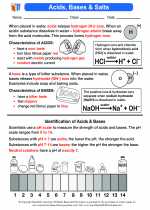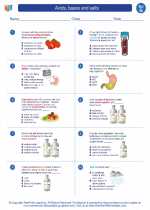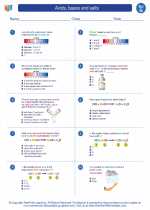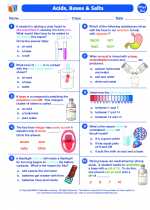Physiological Adaptations
Physiological adaptations refer to the internal processes and mechanisms that living organisms develop in response to environmental changes. These adaptations enable organisms to survive and thrive in different habitats and conditions.
Key Concepts
- Homeostasis: The ability of an organism to maintain internal stability despite external changes.
- Thermoregulation: The process by which organisms maintain an optimal body temperature.
- Osmoregulation: The regulation of water and salt balance within an organism's body.
- Respiration: The process of obtaining oxygen and releasing carbon dioxide, crucial for energy production.
- Circulatory adaptations: Changes in the cardiovascular system to optimize oxygen and nutrient delivery.
- Metabolic adaptations: Adjustments in metabolic processes to cope with changes in food availability and energy requirements.
Study Guide
Here are some key points to understand and study about physiological adaptations:
- Define the term "physiological adaptations" and provide examples of adaptations in different organisms.
- Explain the concept of homeostasis and its significance for living organisms.
- Describe how different organisms regulate their body temperature and the mechanisms involved in thermoregulation.
- Discuss the importance of osmoregulation and how marine and terrestrial organisms manage water and salt balance.
- Explore the respiratory systems of various organisms and how they are adapted to their environments.
- Examine circulatory adaptations in animals and the role of the cardiovascular system in delivering oxygen and nutrients.
- Investigate metabolic adaptations in response to changes in food availability and energy requirements.
- Compare and contrast the physiological adaptations of different species in relation to their habitats and lifestyles.
- Discuss the impact of environmental changes, such as climate change, on the physiological adaptations of organisms.
- Evaluate the significance of understanding physiological adaptations in fields such as medicine, ecology, and conservation.
By studying these concepts, you will gain a comprehensive understanding of physiological adaptations and their importance in the survival and evolution of living organisms.
.






